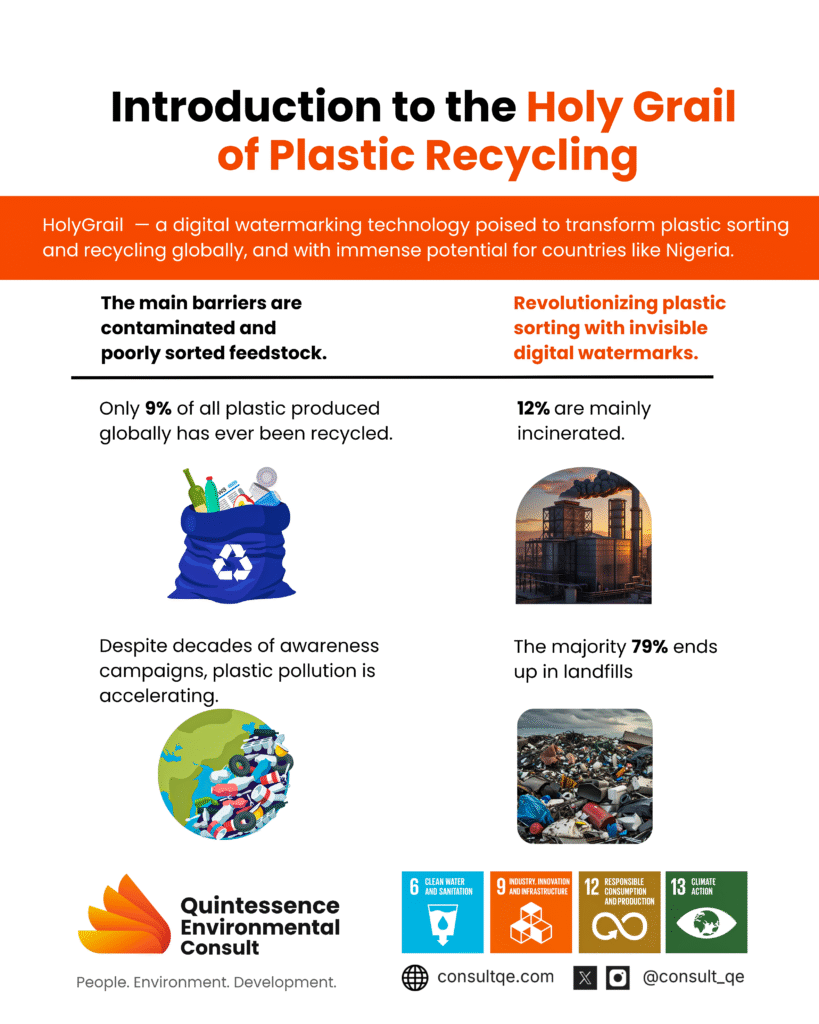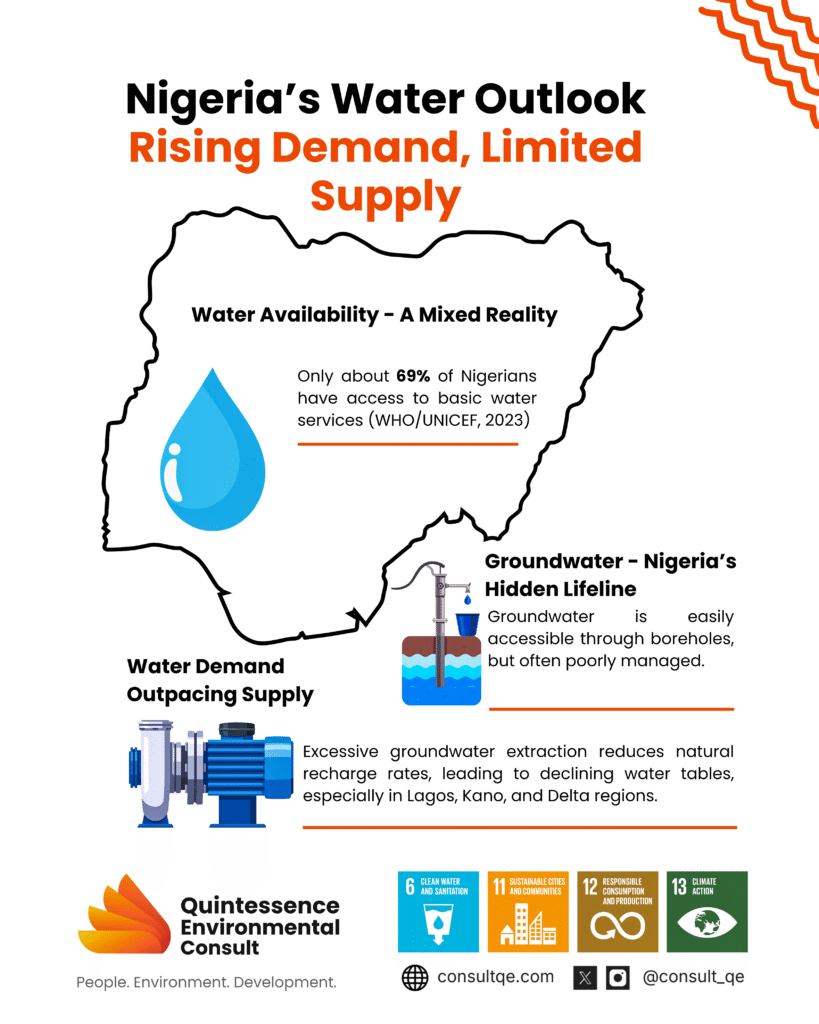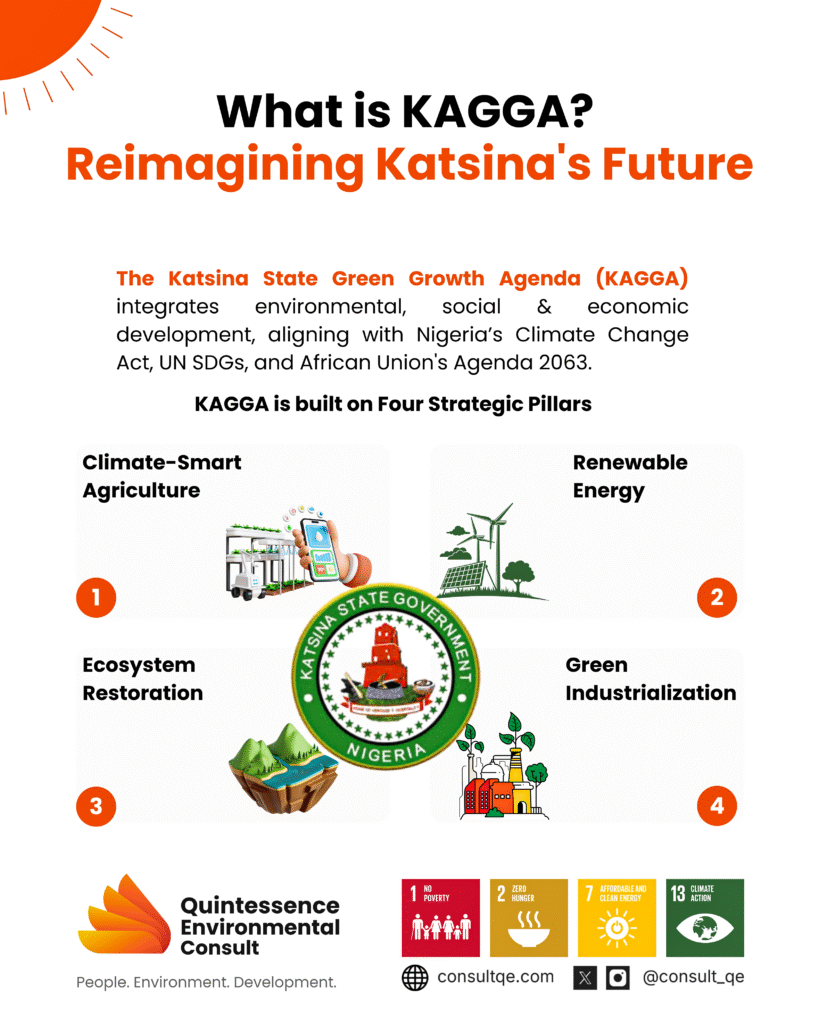Waste Sorting: The Holy Grail of Plastic Recycling

Plastic waste has become an undeniable global crisis, presenting severe environmental and socio-economic challenges. Our modern lives are intricately woven with plastic, making it seemingly impossible to extricate ourselves from its pervasive presence. The production of virgin plastic continues to soar, with estimates suggesting a cumulative volume exceeding 25,000 million metric tons by 2050 if the current 8.4% growth rate persists.
Alarmingly, of all virgin plastic ever produced, only a minuscule 9% is recycled, while 12% is incinerated. The vast majority, a staggering 79%, accumulates in landfills or pollutes our natural environment3. While recycling is theoretically the most preferred method for plastic waste management, allowing for infinite reprocessing, this remains a distant ideal. Currently, only about 10% of all recycled plastic enters a second recycling cycle3. This stark reality implies a continuous influx of virgin plastic into the market, even with increased recycling efforts. The problem is exacerbated by the prevalence of single-use plastics, which are often discarded within a month or less, contributing significantly to environmental accumulation.
Powering a Greener Tomorrow: Highlights from The DinSummit on Nigeria’s Sustainable Future

What if Nigeria could cut its carbon emissions, reduce air pollution, and expand clean energy access all at once? That bold vision took center stage at the 2025 Decarbonizing Infrastructure in Nigeria Summit (DINSUMMIT). With the theme “Unlocking Climate Finance for Sustainable Development,” the summit brought together key players from government, industry, and civil society to accelerate Nigeria’s transition away from carbon-intensive energy sources toward a sustainable, low-carbon economy.
For decades, Nigeria’s infrastructure has relied heavily on diesel and other fossil fuels to power construction, operations, and maintenance, especially in critical facilities like hospitals, schools, and government buildings. This dependency has led to high greenhouse gas (GHG) emissions, degraded air quality, and increased public health risks. To address this, the government, through the Office of the Vice President launched DINSUMMIT as a strategic response to the environmental and economic challenges posed by fossil fuel reliance.
Protecting Nigeria’s Groundwater: Combating Over-Abstraction And Improving Drilling Practices

Did you know that Nigeria’s groundwater resources in urban settings are under severe pressure, with some areas experiencing alarming drops in the water table? Over-abstraction of groundwater undermines the sustainability of this vital water source that supplies most of our drinking water.
Microplastics: An Invisible Threat To Human Health

Microplastics have infiltrated the Earth’s ecosystem. They have been found in the air we breathe, in soils that grow our food, and in the oceans that sustain life. But the most recent alarming infiltration is the human body.
Reimagining Katsina: A Green Growth Vision for All

In an era defined by the need for sustainable development, Katsina State has taken a bold and strategic step forward. The Katsina Green Growth Agenda (KAGGA) is more than just a policy document, it is a transformative vision designed to align environmental resilience with economic growth.
